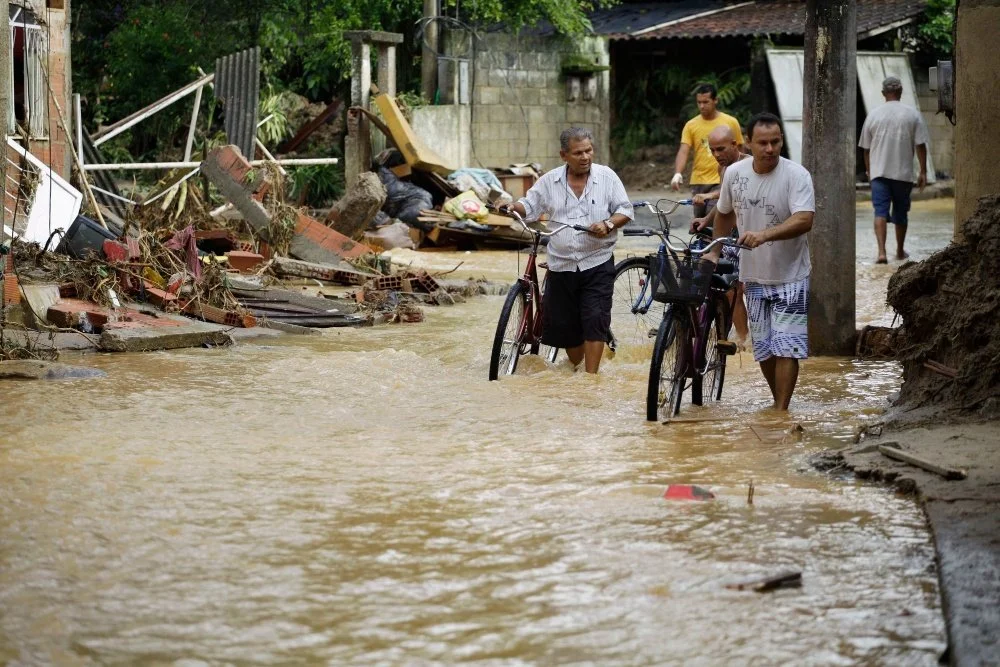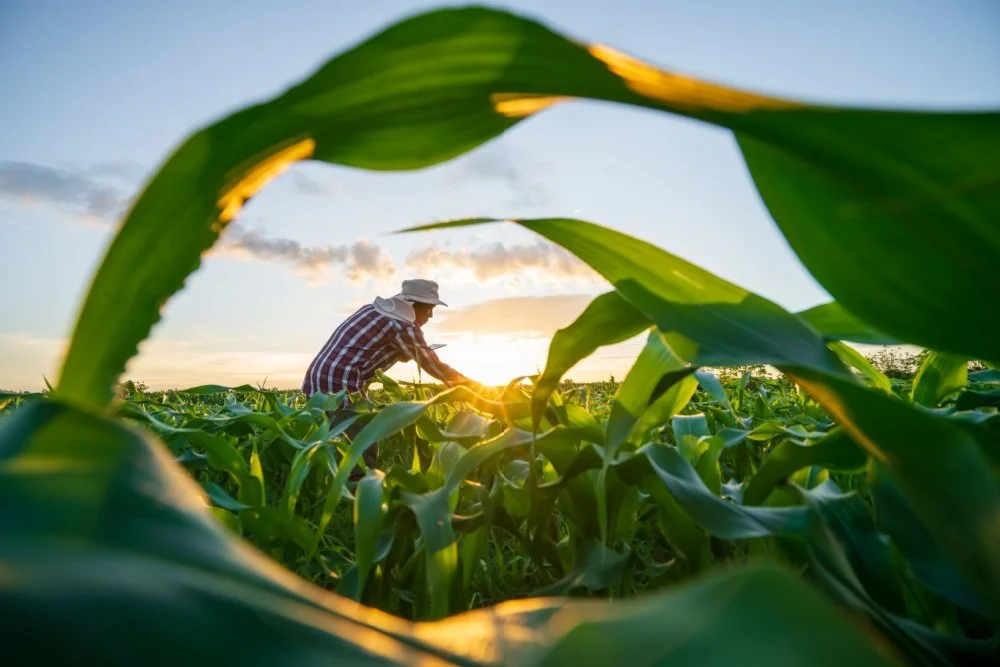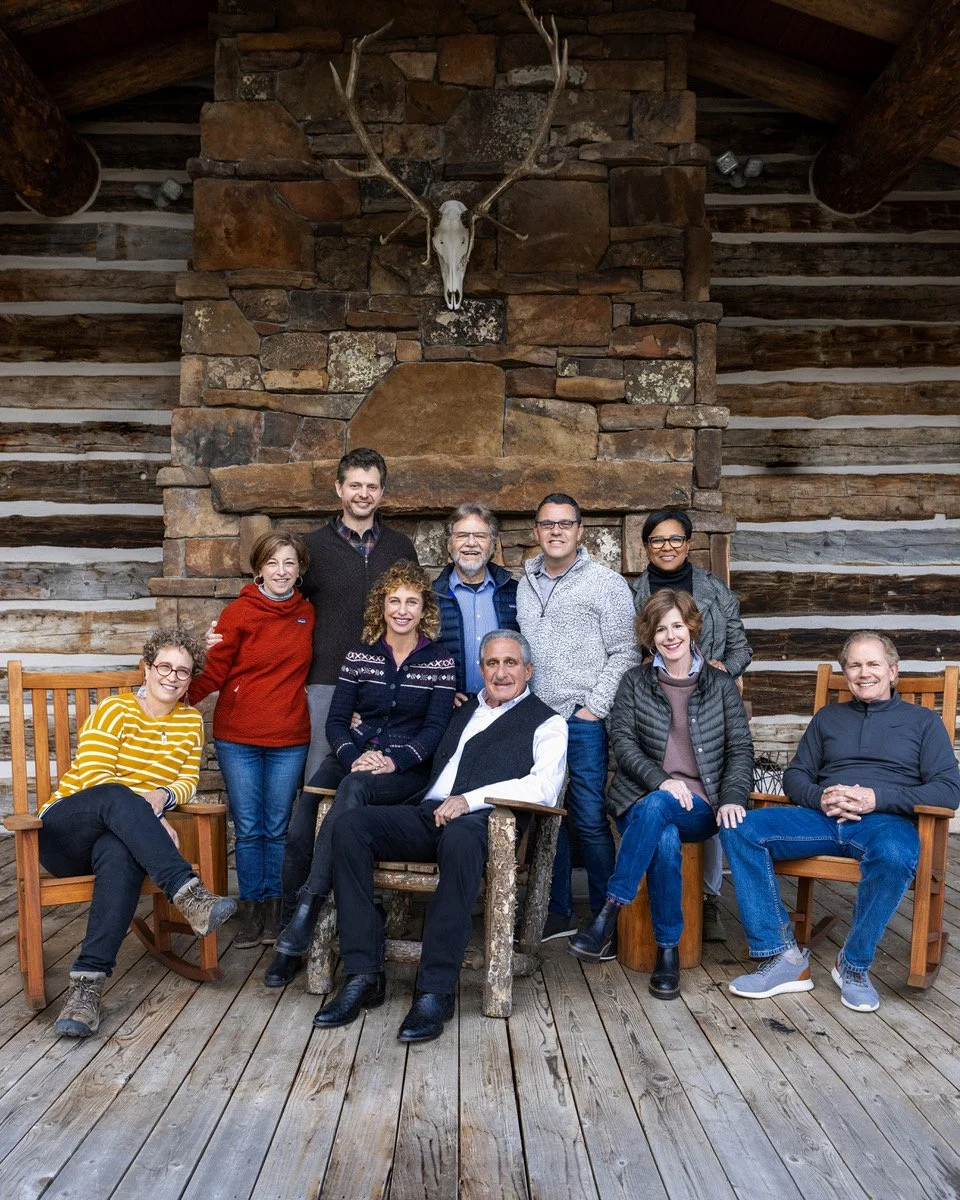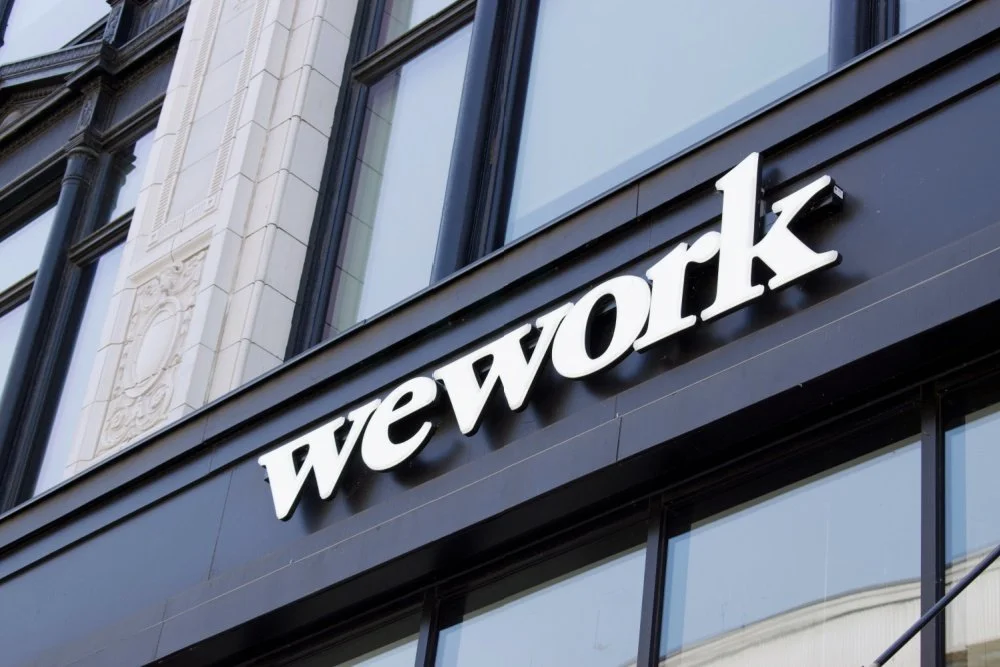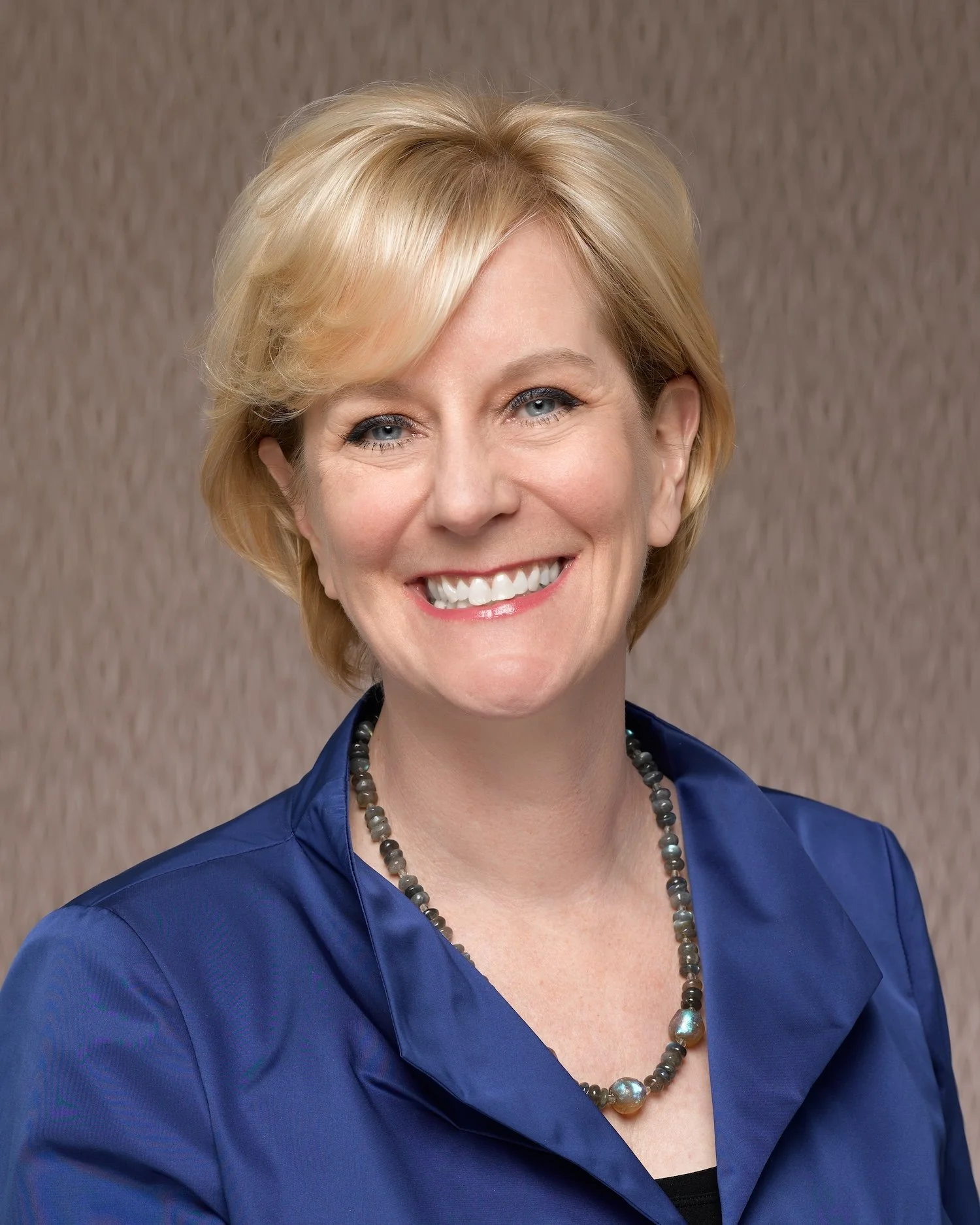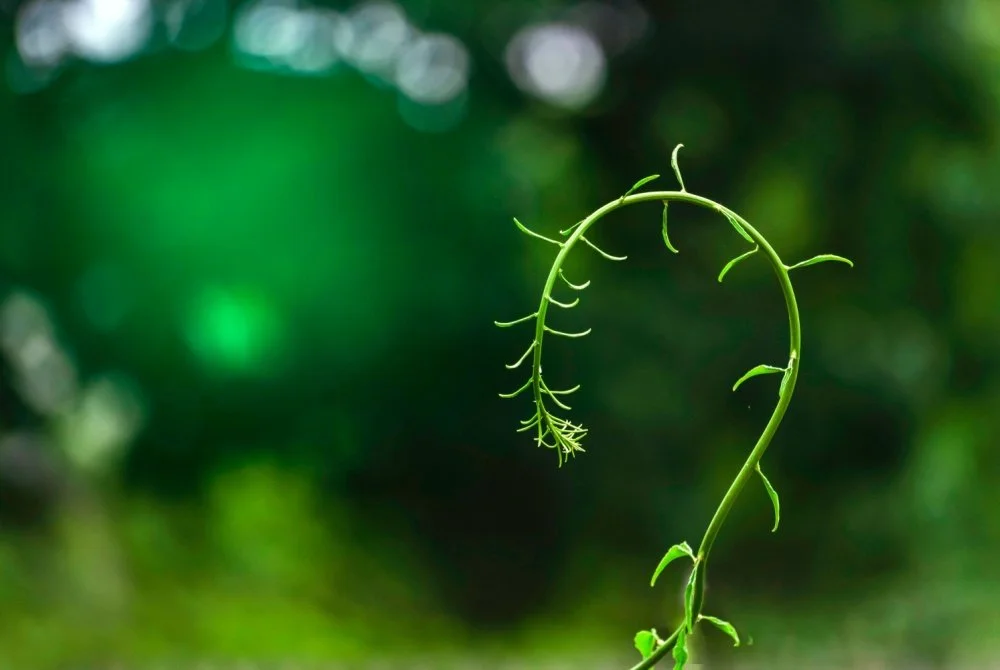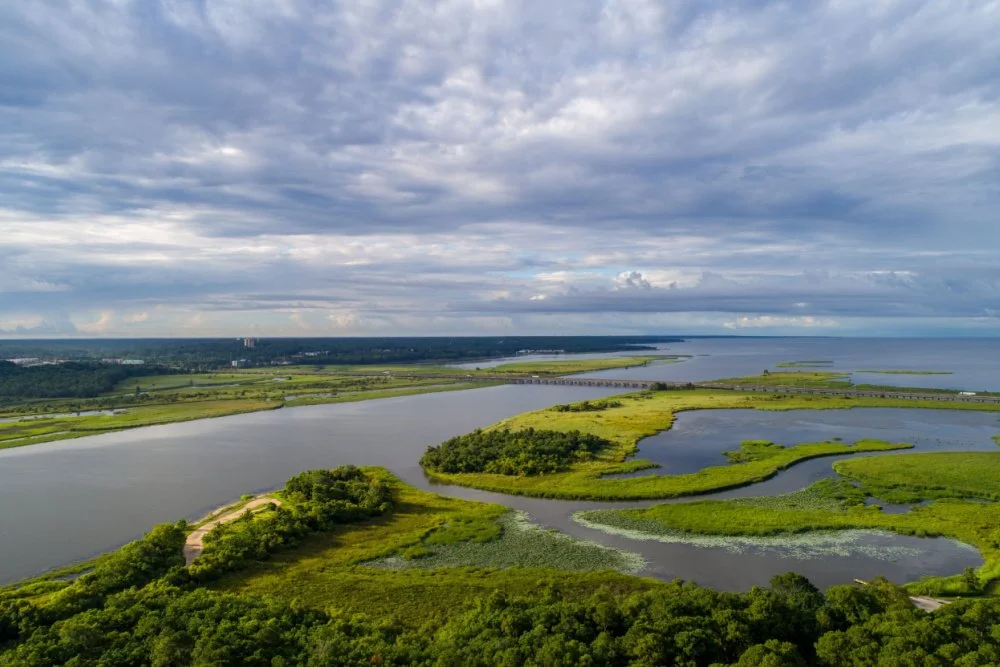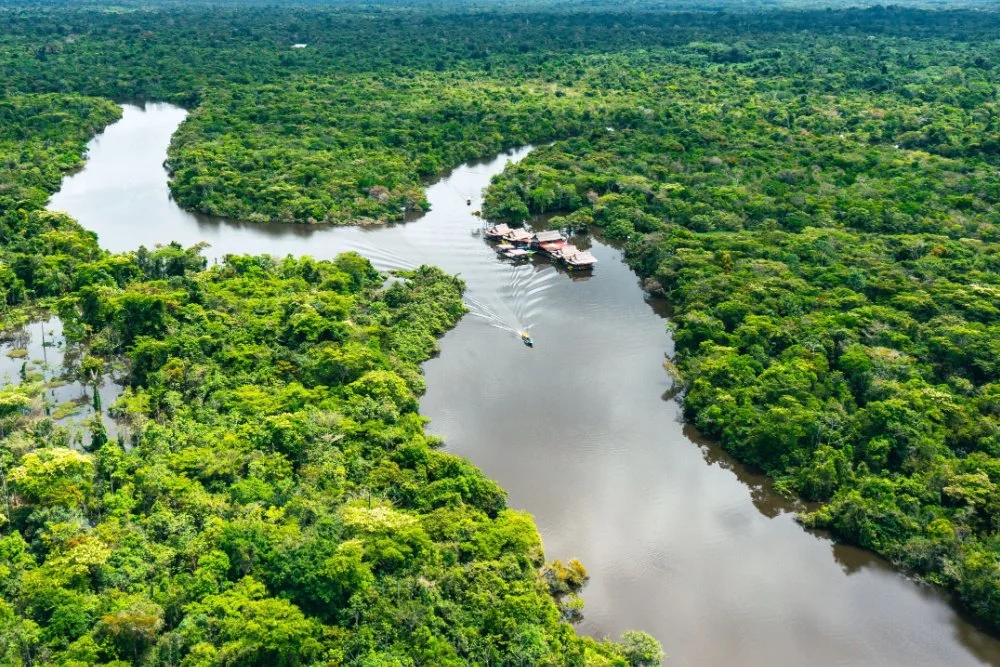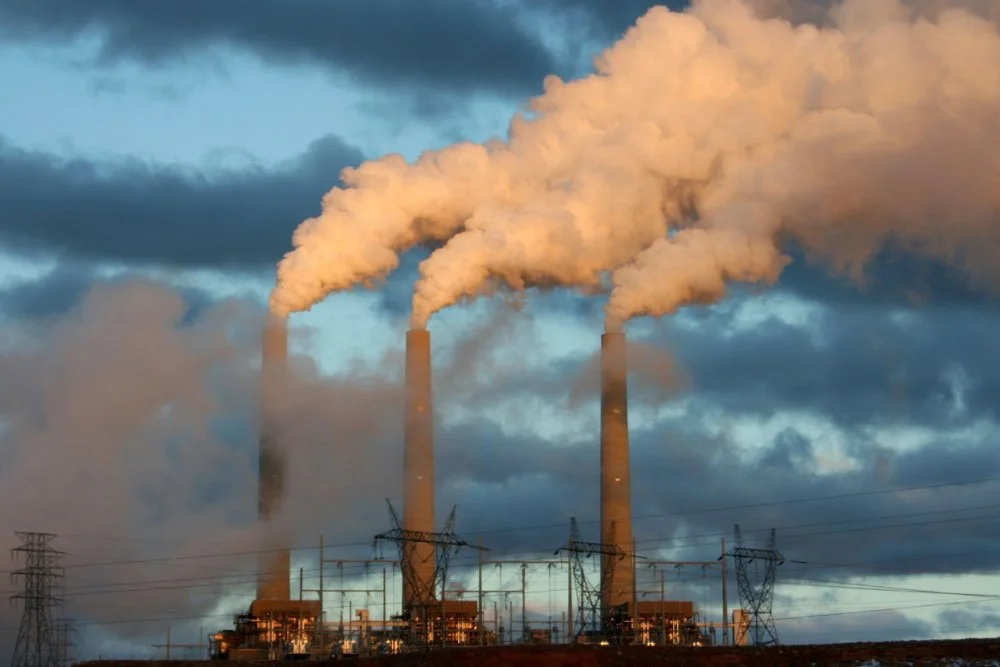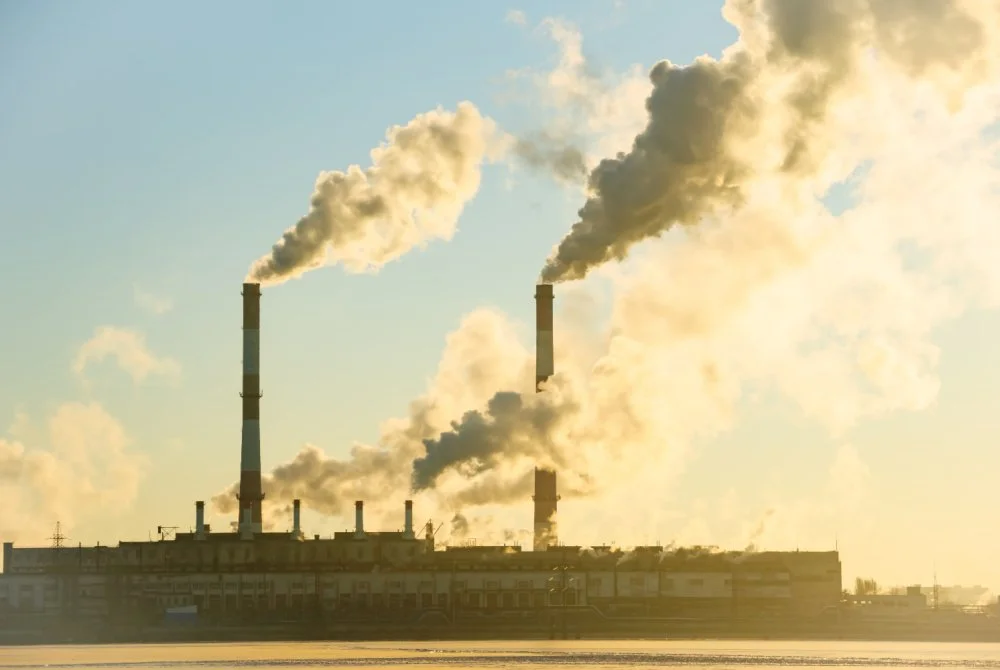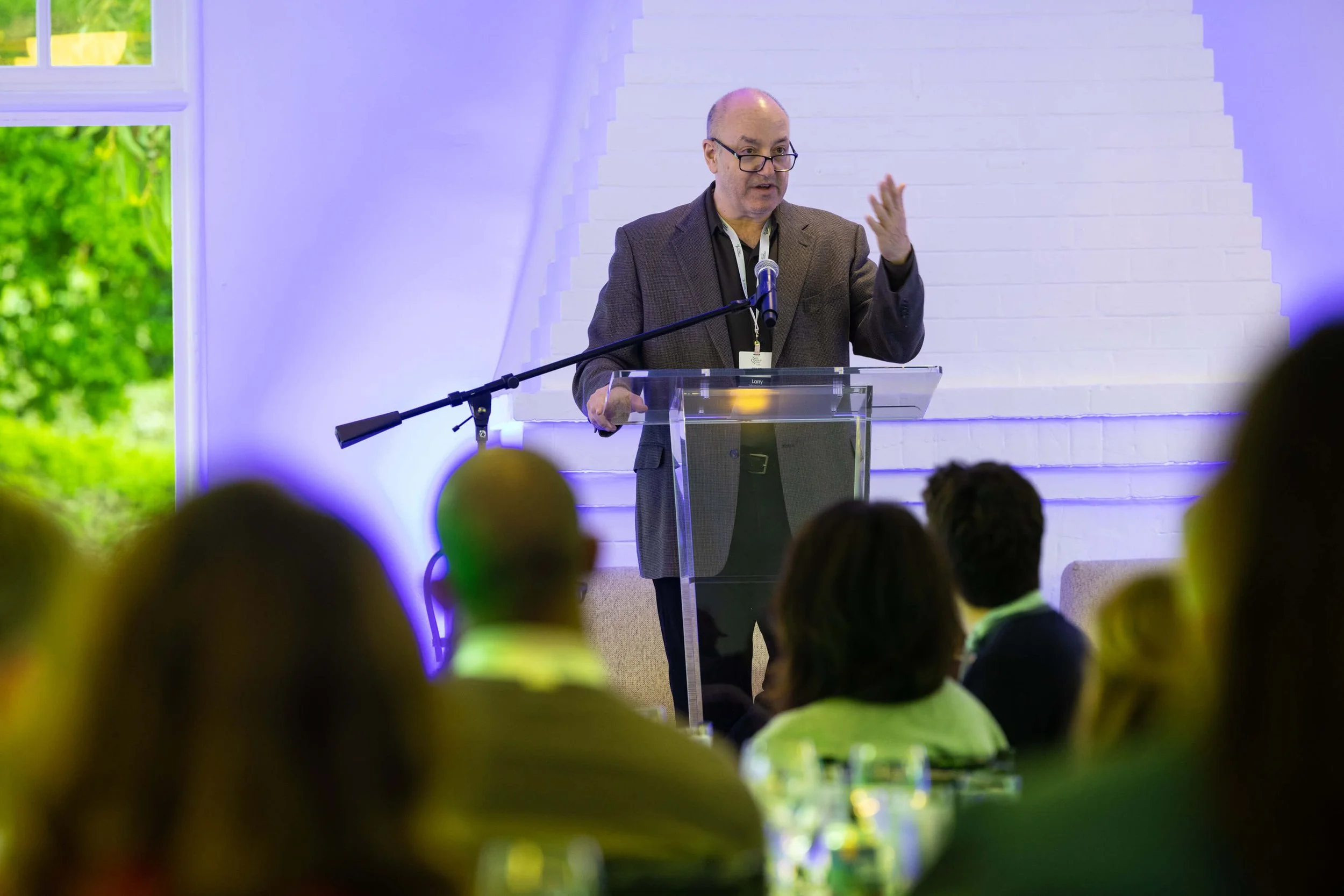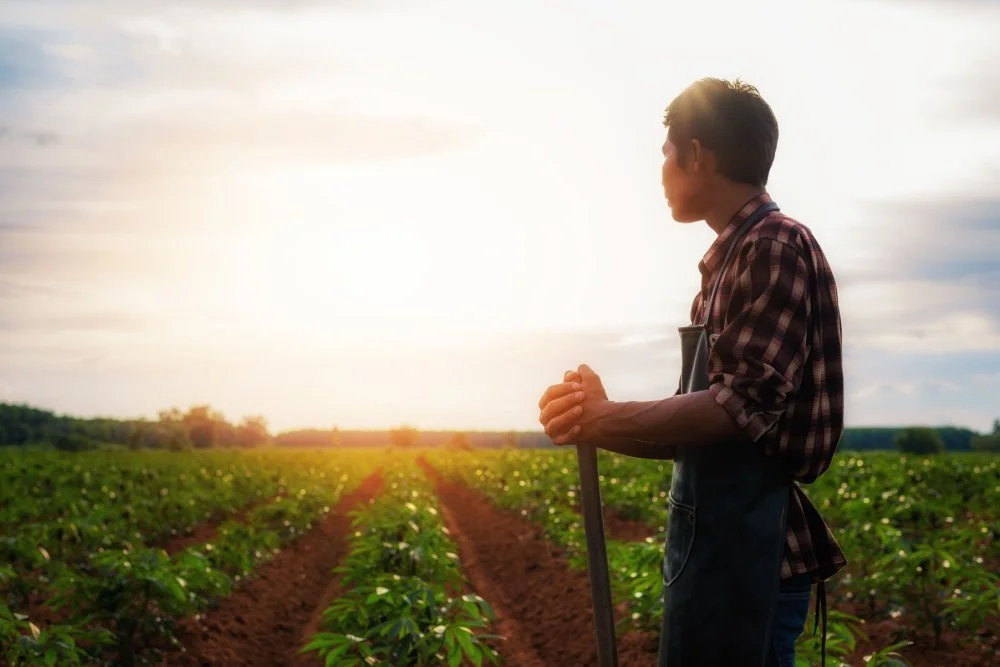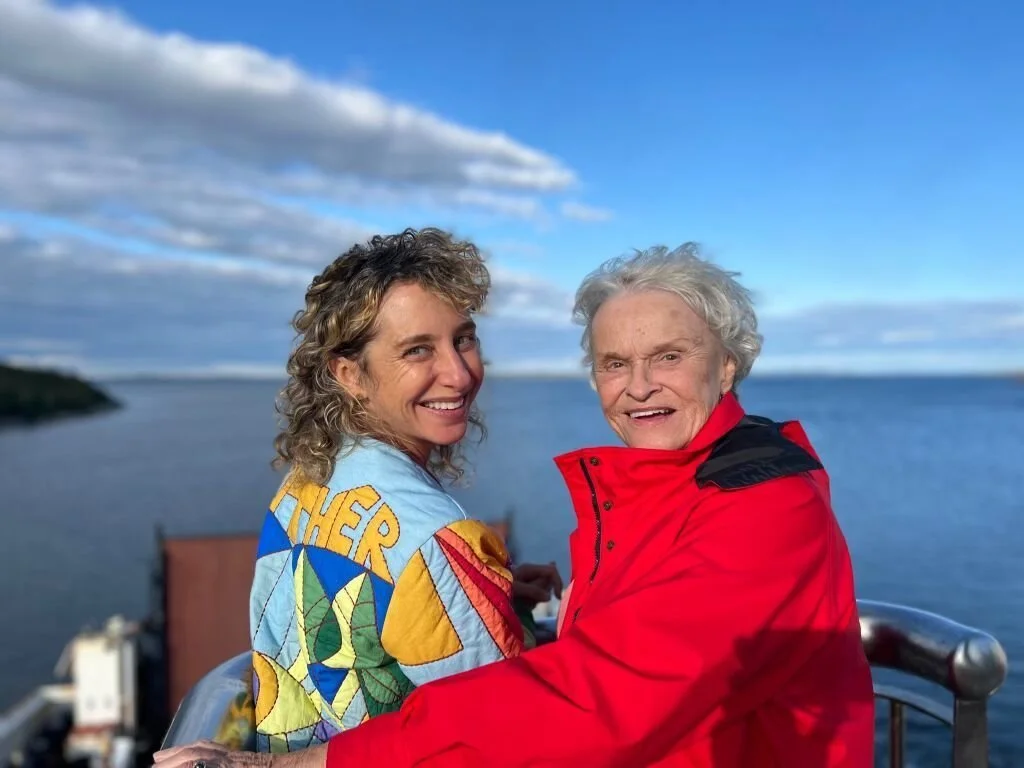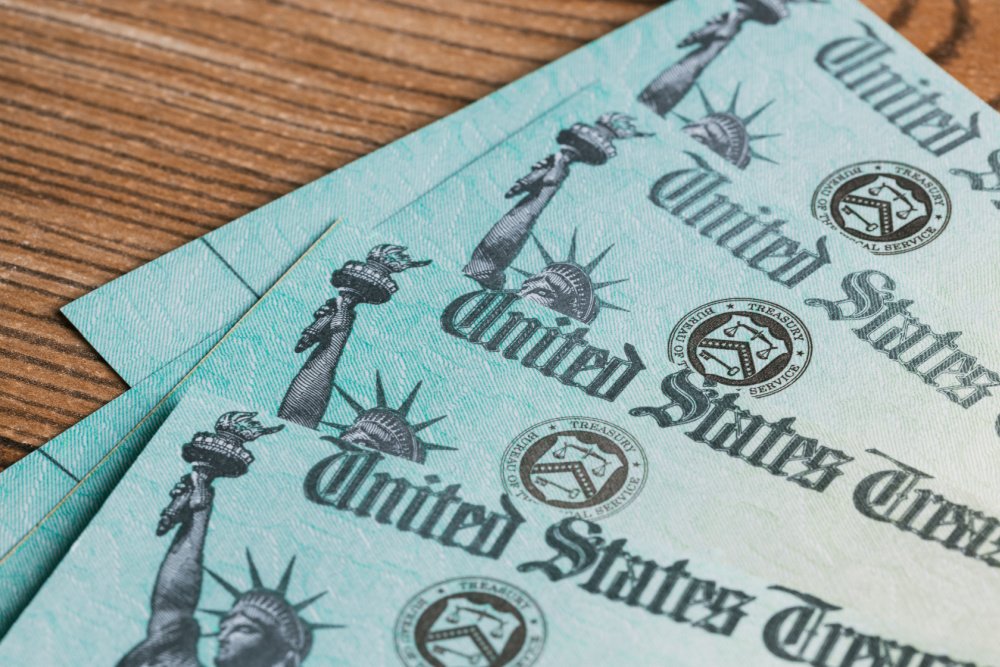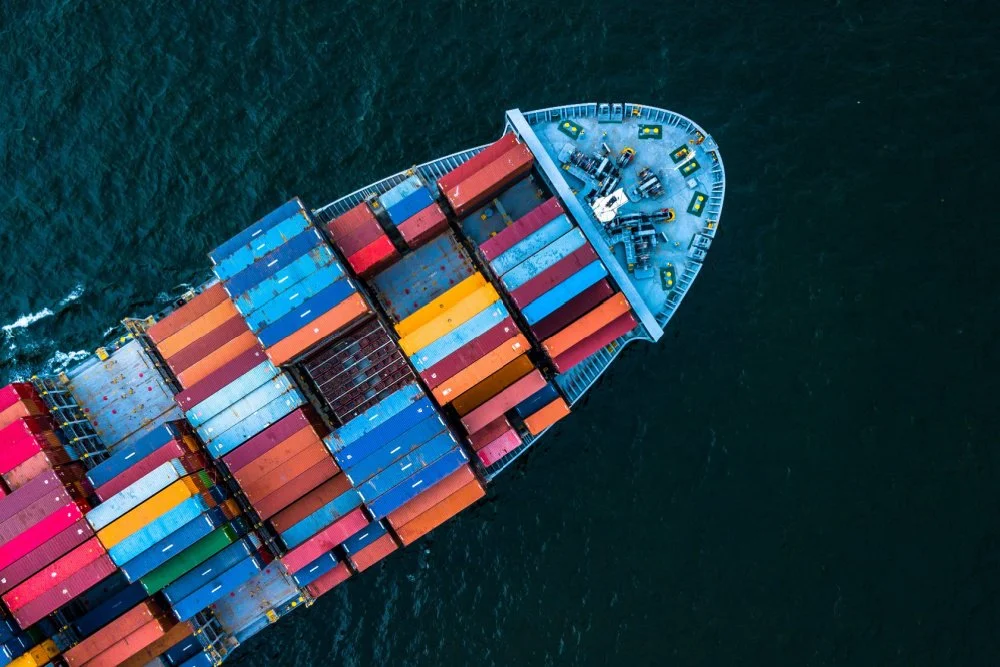Safer Made: Why This Philanthropist Is Laser-Focused on Environmental Health
/trekandshoot/shutterstock
At Inside Philanthropy, we write a lot about health and a lot about the environment, but what about the intersection of the two? Environmental health crises like the water crisis in Flint, Michigan, remind us that philanthropic dollars can play a big role in stepping up in the face of disaster, and also in backing scientific research on the effects of chemicals used in daily life. A Health Affairs article published early in the decade tallied more than 100 foundations working in this space, and annual investments of at least $70 million.
Passport Foundation is one such player. Bay Area financier John Burbank founded Passport Capital in San Francisco. He is the president of Passport Foundation, a philanthropy associated with the global investment firm. Passport Foundation once ran the Science Innovation Fund, which aimed to “expand knowledge of the impacts of environmental contaminants on human health.”
Related: John H. Burbank III
Passport's Science Innovation Fund bankrolled studies like “Estrogen and Androgen Receptor Activities of Hydraulic Fracturing Chemicals and Surface and Ground Water in a Drilling-Dense Region,” which examined whether chemicals used in fracking can disrupt human sex hormones.
Another player in this space is the Forsythia Foundation, founded by Alison Carlson, a Passport Foundation co-founder. Once married, Carlson and Burbank dig into similar issues through their respective foundations. I recently spoke with Carlson to get a better sense of Forsythia and the interesting philanthropic niche of environmental health.
Founded in 2010, Forsythia Foundation funds "leading actors who drive demand for safer materials" and deploys "investment capital in strategies that scale green chemistry innovation and commercialization." Carlson calls all of this “the definition of a value investment proposition.” While philanthropy is often risk averse, she believes that philanthropic bets should actually be the riskiest. Back in 2007, Carlson began her deep dive into funding what she calls "under-tended spaces."
How did Carlson wade into environmental health in the first place? Well, she was born into an environmental family (her mother was involved in environmental issues at the United Nations) and graduated with a human biology degree from Stanford. Carlson ended up at the FDA as a visiting biology intern in the late 1970s and later moved back to Westchester County, New York, where she taught tennis. Carlson explains that the club property was adjacent to land where copper PCBs were illegally buried. Among other things, polychlorinated biphenyls or PCBs have been linked to reproductive health problems.
Later, when Carlson was starting a family and experienced unexplained infertility, her personal journey began. Frustrated that medical professionals didn't take environmental factors into account, Carlson stepped into her new role as patient/activist, and later, philanthropist. In the early 2000s, she was appointed senior fellow for Commonweal Institute’s Collaborative on Health and the Environment, where she founded and led the Fertility/Pregnancy Compromise Work Group.
A few years later, Carlson spearheaded and co-directed the 2007 Summit on Environmental Challenges to Reproductive Health and Fertility in concert with the OB/GYN department chair at UCSF. That same year, she also co-founded the Passport Foundation. Forsythia Foundation now works with Passport and other donors as part of a collective known as Health and Environmental Funders Network (HEFN).
Carlson and Forsythia's premise is that it's far easier to prevent disease than to treat it. Carlson began to notice, however, that while there are plenty of well-intentioned efforts, the fundamental system is unchanged. Instead, what takes place is "regrettable substitution," in which one bad actor gets replaced with another.
Carlson emphasizes that equal vigor must be put into green chemistry as a critical solution beyond problem definition and policy reform. Real innovation must take place. She calls this "going upstream." Forsythia, then, is laser-focused on creating a strong pipeline of viable and safe alternatives.
Forsythia Foundation focuses narrowly with a small staff and disperses under $1 million in investments annually. One of Forsythia's investments is Safer Made, a new venture fund aiming to surmount the regrettable substitution problem Carlson highlights. The fund invests in "companies and technologies that create safer products for people and the natural world."
Safer Made general partners Adrian Horotan and Marty Mulvihill explained to me that their fund's thesis is that the public actually prefers safer products. They also believe that companies are growing hip to this. Target, for instance, recently announced that it was making an investment in Safer Made as a way to support safer chemistry innovation.
Among Safer Made's partners is Mimikai, an insect repellent company that provides DEET-free repellent. DEET has been shown to impact the central nervous system. Adrian and Marty note that these alternatives have not only made an impact on consumers, but also workers who develop these products in the first place. Safer Made is still in the fundraising stage, but the duo tells me they're looking for investments countrywide, and believe their work will make a global impact.
Overall, Safer Made hopes to work with leading brands to target each sector as it begins to make investments. Adrian and Marty add, "it’s all chemistry, and we need people working on the ways we can make sure environment is great." Carlson, meanwhile, reminds me that environmental health is also a matter of human rights and justice, as people of color are disproportionately affected by these issues.
Related: Millions to Explore How Environmental Changes Are Affecting Human Health


